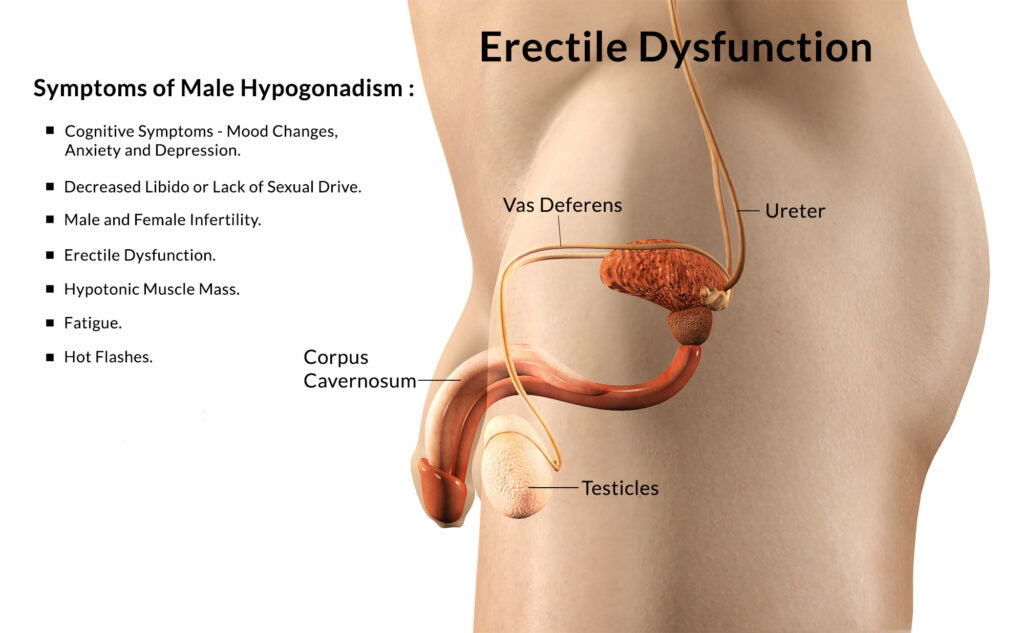Male delay, also known as premature ejaculation, is a common sexual dysfunction that affects many men worldwide. According to the International Society of Sexual Medicine, male delay is defined as a persistent or recurrent ejaculation with minimal sexual stimulation before, upon, or shortly after penetration and before the person wishes it, causing marked distress or interpersonal difficulty.
This condition can cause stress, anxiety, and relationship problems. However, did you know that male delay is closely related to erectile dysfunction?

Erectile dysfunction (ED) is a condition that affects a man's ability to achieve or maintain an erection during sexual intercourse. ED is caused by various factors, such as age, diabetes, hypertension, and heart disease. These same risk factors can also cause male delay.
The relationship between male delay and erectile dysfunction is complex, but the underlying cause is often related to blood flow to the penis. Both conditions can be caused by a decrease in blood flow to the penis, which can occur due to various health conditions.
Research has shown that men with male delay are more likely to develop ED. This is because male delay can cause a man to become anxious about sexual performance, which can lead to stress and tension during sexual activity. These negative emotions can cause a man to lose his erection, leading to ED.

In addition to psychological factors, male delay can also be caused by physical factors, such as an overactive thyroid gland, inflammation of the prostate gland, or abnormal hormone levels. Likewise, ED can also be caused by physical factors, such as damage to the nerves, blood vessels, or muscles in the penis.
There are several treatment options available for male delay and ED. Behavioral therapy, medication, and lifestyle changes can all help to alleviate the symptoms of male delay and ED. Behavioral therapy may include the use of the "squeeze" technique or the "stop-start" technique, which can help men control their ejaculation. Medications such as selective serotonin reuptake inhibitors (SSRIs) or phosphodiesterase type 5 (PDE5) inhibitors may also be prescribed to treat male delay and ED.
Lifestyle changes that can help improve sexual function include regular exercise, a healthy diet, reducing stress, and avoiding smoking and excessive alcohol consumption.

It's essential to speak with your healthcare provider to determine the best course of action for your individual situation. Your healthcare provider may refer you to a specialist, such as a urologist or a sex therapist, who can provide further guidance on how to manage male delay and ED.
In conclusion, male delay and ED are two common sexual dysfunctions that are closely related. If you're experiencing symptoms of male delay or ED, it's essential to seek medical help to address the underlying causes and find effective treatment options. By taking control of your sexual health, you can improve your overall well-being and quality of life.







